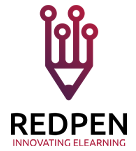Project Description
Project Brief
An efficient, reliable boiler is an essential requirement for food and beverage businesses as the downtime caused by a failed boiler can have a major detrimental effect on production, plant and personnel.
Employers are required to ensure boilers are properly maintained and operated within safe limits. They are also required to ensure that employees are provided with adequate information and written instructions concerning conditions of use, safe operation, foreseeable abnormal situations, action to take in an emergency other conclusions which can be drawn from the experience of using the equipment.
In this context Red Pen was commissioned to develop several self-paced Boiler Operation and Maintenance courses which could be taken at the convenience of both employer and employee and as a resource to support traditional workshops and training courses.
The programme was designed to support existing Boiler Operation Accreditation Scheme (BOAS) courses by developing innovative e-learning programmes in line with their recommended training syllabus.
Authentic Tasks & Activities
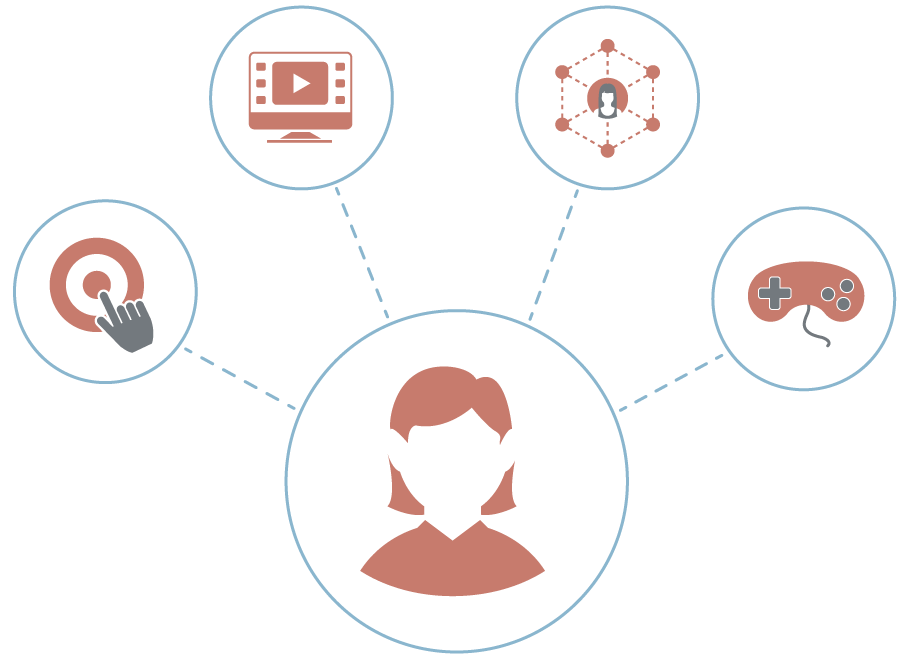
The Boilerhouse Maintenance programme provides active learning opportunities by simulating real-world boiler house tasks and gives learners ample opportunity to test knowledge and practice examinations.
Interactive Presentation

Turn passive listeners into active participants.
Video & Animation

Quickly communicate abstract/visual.
Immersive Scenarios
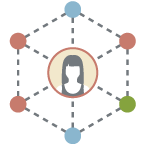
Apply skills and knowledge in real-world tasks.
Games & Challenges
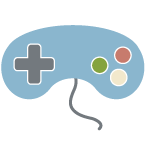
Engage learners and improve performance behaviours.
Knowledge Checks
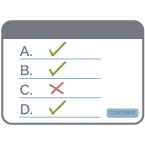
Promote mastery of the programme content.
Performance Testing

Accurate, cost effective and streamlined testing.
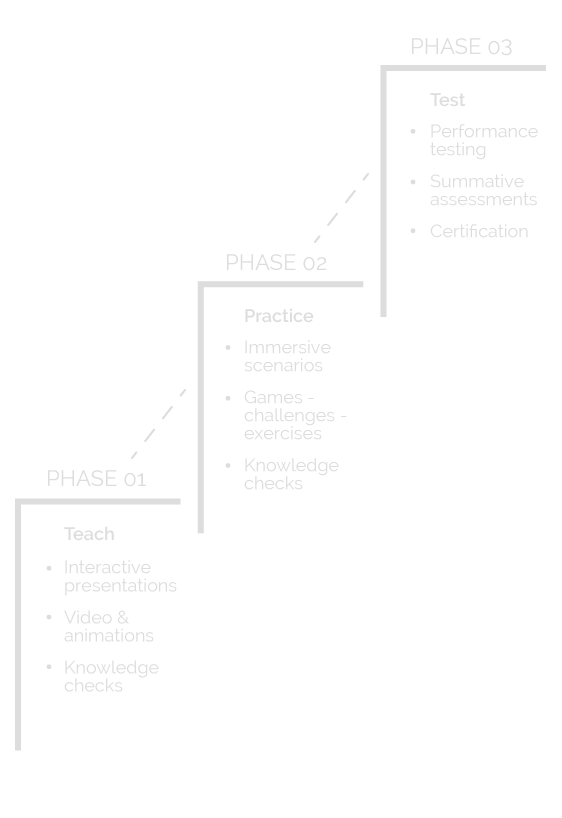
Phase 1: teach
Initial content in each module concentrates on conveying foundational concepts and knowledge via interactive tutorials incorporating illustrative animations, video, audio, photos, diagrams and games. Each topic in the module is addressed by a distinct learning activity such as an interactive presentation, slide, video, animation or graphic. Learning activities are compiled and sequenced to provide a varied and engaging series of steps cover a section of module content.
Phase 2: practice
The second section of each module allows the learner to practice skills and knowledge acquired in real-world scenarios. Within a 3d simulated boilerhouse environment, the learner must complete a number of tasks based on the content in the previous (theory) stage, such as identifying components and performing procedures. The tasks in this section are part of formative learning, and feedback is given is a task is not performed correctly. Learners must repeat the task until each is satisfactorily completed and progress is tracked.
Phase 3: test
The third phase in each module focuses on verifying knowledge and skills competency. The automated assessment engine probes aspects of the learning outcomes with variety of question types including multiple-choice, multiple responses, hotspots, drag and drop, text matching and short explanations. Each question embed images, video and other media in the question stimulus and allow questions to be shared and exported in banks for standalone tests or for delivery on different LMS platforms.
Skills Needed
The solution involved developing 30 discrete modules which are blended into 10 separate programmes covering all aspects of boiler house operation and maintenance. 3D representations of a boiler house and ancillary equipment were developed with interactive user tasks mapped on according to requirements of the instructional design. These were exported to SCORM compliant courses delivered on the web via Moodle LMS.
Benefits
The courses are self-managed and self-paced whereby learners can complete all elements in the place and time of their choosing. Each course also includes social features which allow participants to collaborate and share knowledge, for example by contributing to problem solving exercises in discussion forums, online polls or sharing links, stories and resources found elsewhere. In this way the programmes lend themselves to use as free-standing remote resources or to support and/or prepare for participation in traditional ‘in-person’ courses taken in dedicated training centres.
